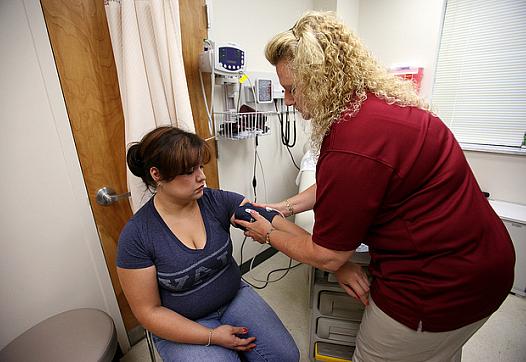
How do you find out how skilled a surgeon is? Asking a surgeon's peers for their opinion is one obvious route, since surgeons are adept at spotting colleagues' skill levels. But getting hold of such peer reviews isn't easy for patients. Can a new surgery market change that?









